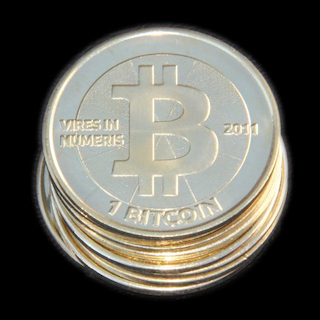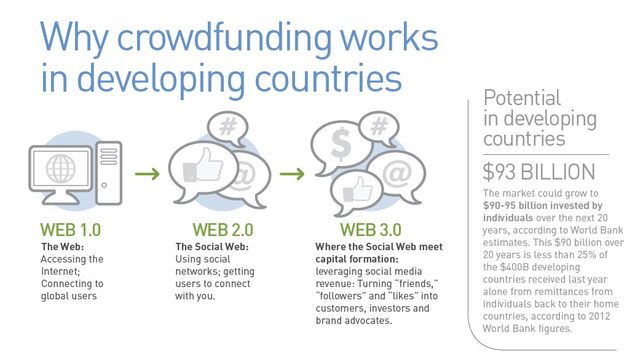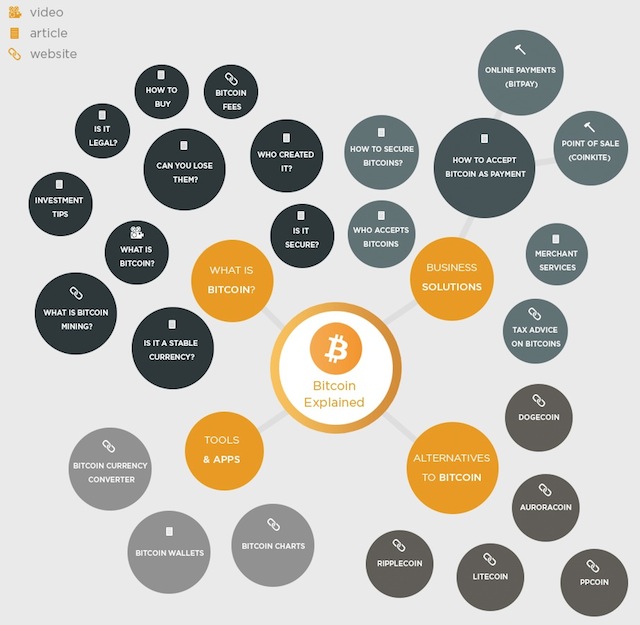 Bitcoin, the latest virtual specie and darling of advocates of alternative, decentralized, and peer-to-peer currencies, has been making waves in currency speculation and spurring interest from investors and traders. And on the surface, bitcoin has a lot going for it, such as being digital, anonymous, decentralized, and open source, with its value not being tied to government fiat or the value of a precious metal or commodity. It seems to be the perfect modern alternative currency, capable of being a simple global currency for peer-to-peer payments.
Bitcoin, the latest virtual specie and darling of advocates of alternative, decentralized, and peer-to-peer currencies, has been making waves in currency speculation and spurring interest from investors and traders. And on the surface, bitcoin has a lot going for it, such as being digital, anonymous, decentralized, and open source, with its value not being tied to government fiat or the value of a precious metal or commodity. It seems to be the perfect modern alternative currency, capable of being a simple global currency for peer-to-peer payments.
But the bitcoin movement might also be responsible for generating large amounts of global carbon emissions from the electronic methods of mining them. One professional carbon auditor estimates that the current carbon footprint of the Bitcoin network is 8.2 million tons of CO2 and could eventually reach 10% of the total global carbon emissions.
Guy Lane, founder of Bitcarbon, has developed the “Bitcarbon Method“, which he calls “a simple model to predict the carbon emissions associated with the Bitcoin network.” According to his calculations, at $1,000 apiece, Bitcoin’s annual carbon footprint is about 8.2 million tons, and as the value of bitcoin increases, so does the associated carbon emissions.
“If the Bitcarbon Method is an accurate representation of Bitcoin’s carbon footprint, the Bitcoin presents a clear and present danger to planet Earth.” – Guy Lane
There are detractors of this type of environmental analysis of bitcoin, including this animated argument for the ‘greenness’ of bitcoin when compared to traditional currency and other online payment systems, but not too many in favor of tracking and offsetting the carbon footprint of bitcoin.
Bitcarbon offers carbon offsets to help mitigate bitcoin miners’ carbon footprints, but there’s no indication of a large buy-in of this kind of behavior by bitcoin users and miners.
“Bitcoin is awesome. However, behind every Bitcoin mining rig, blockchain download and transaction there is an electricity network burning fossil fuels and polluting the planet with carbon. Today, Bitcoin has a carbon footprint the size of a small country: Cyprus, to be precise. And every day, Bitcoin’s carbon footprint gets bigger. It doesn’t have to be this way. Bitcarbon helps you understand, monitor and offset your Bitcoin carbon footprint.” – Bitcarbon
What do you think? Is this analysis of the carbon footprint of bitcoin mining and the Bitcoin network accurate, or is this peer-to-peer currency greener than that of traditional financial institutions with their paper money and massive IT infrastructure? Or is bitcoin the ultimate asset bubble, capable of going bust as quickly as it goes boom?









